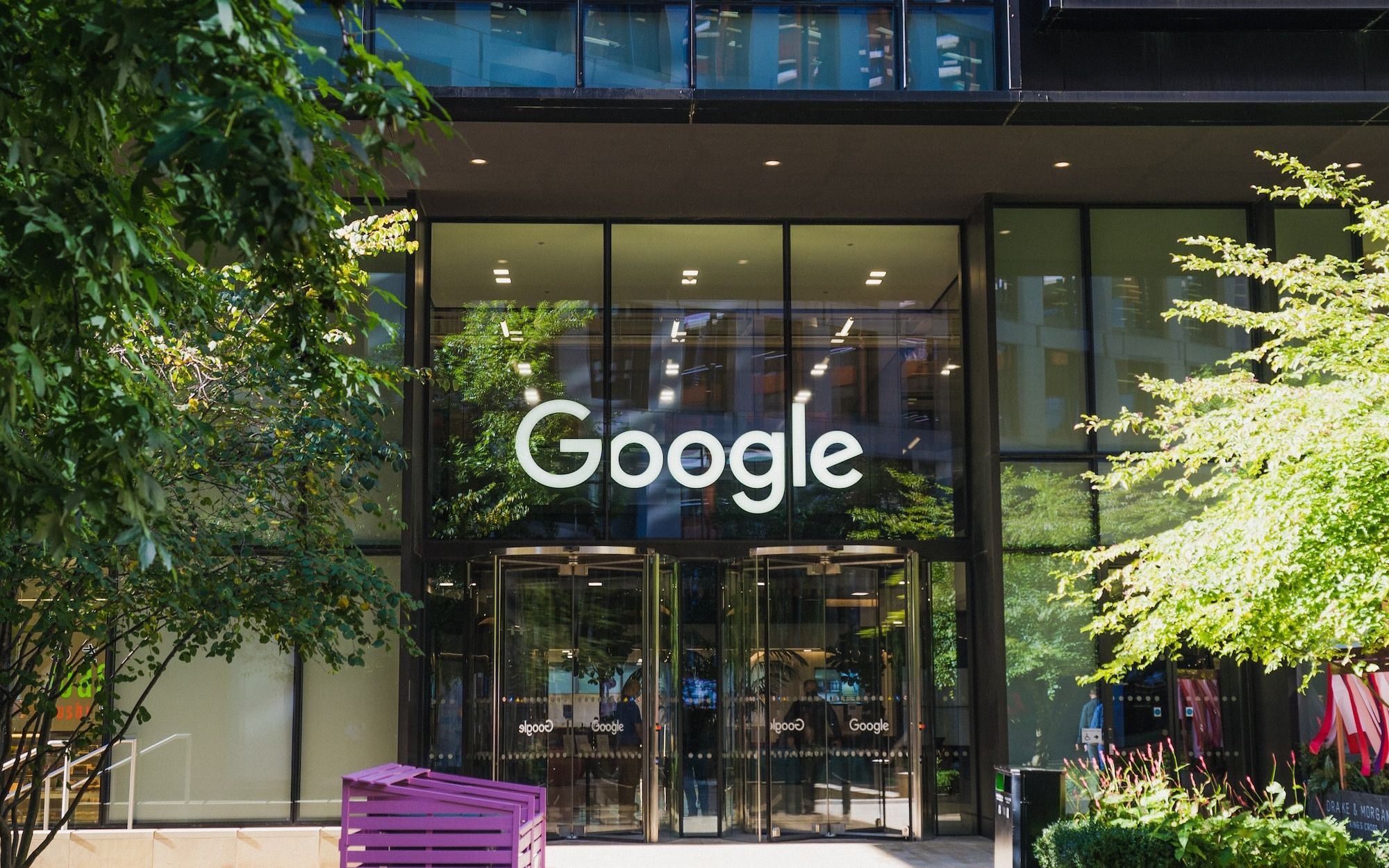Beyond Value Chain Mitigation: A Deeper Dive into Case Studies
Exploring 'Beyond Value Chain Mitigation' through case studies, showcasing how companies can extend their climate impact beyond immediate operations to drive systemic change.

The global urgency to combat climate change has led to a paradigm shift in how companies approach sustainability. While reducing emissions within their value chains remains crucial, there's a growing emphasis on the broader societal impact. The concept of "Beyond Value Chain Mitigation" underscores this shift, urging businesses to channel additional climate finance towards mitigation activities outside their immediate operations. This approach not only amplifies their impact but also drives systemic change, influencing industries, communities, and even nations.
For a detailed understanding of this concept, read our previous post on the topic.
Case Studies:
- Google's Renewable Energy Commitment: Google's ambition to operate on 24/7 carbon-free energy by 2030 is a testament to its commitment to sustainability. Beyond just powering its data centers with renewable energy, Google is also pushing its manufacturing partners to adopt sustainable practices. The company has been at the forefront of financing renewable energy projects in regions where its products are made. This not only reduces emissions but also stimulates the local green economy, creating jobs and fostering innovation.
- Microsoft's Carbon Negative Pledge: Microsoft's pledge to be carbon negative by 2030 is a bold step in the fight against climate change. By investing in technologies and methods that remove carbon from the atmosphere, Microsoft is addressing its historical carbon footprint. Their commitment to removing all the carbon they've emitted since their founding in 1975 by 2050 is a reflection of their holistic approach to sustainability. This move goes beyond just offsetting future emissions; it's about taking responsibility for past actions and setting a precedent for other tech giants.
- IKEA's Reforestation Efforts: IKEA's commitment to sustainability is evident in its pledge to become 'forest positive' by 2030. By actively participating in reforestation projects and promoting sustainable wood sourcing, IKEA is ensuring that its products leave a positive impact on the planet. Their efforts also support local communities, providing them with sustainable livelihoods and preserving biodiversity.
Examples of "Beyond Value Chain Mitigation" Projects:
- Renewable Energy Investments: Companies can finance renewable energy projects in regions where renewable energy is less accessible, promoting a global shift to cleaner energy sources.
- Reforestation and Afforestation: Businesses can fund tree planting projects in deforested areas, contributing to carbon sequestration and biodiversity preservation.
- Community-based Climate Resilience: Companies can support projects that enhance the climate resilience of vulnerable communities, ensuring their sustainability in the face of climate change.
- Carbon Capture and Storage: Investing in technologies that capture and store carbon emissions, helping to reduce the overall carbon footprint.
Challenges and Opportunities:
While these initiatives are commendable, they are not without challenges. Convincing stakeholders, ensuring transparency in reporting, and navigating the complexities of international regulations are just a few hurdles companies face. However, with challenges come opportunities. By taking the lead in sustainability initiatives, companies can enhance their brand reputation, foster customer loyalty, and even tap into new markets.
The Path Forward:
Achieving societal net-zero requires a collective effort. Companies must collaborate with governments, NGOs, and other stakeholders to drive meaningful change. The SBTi's guidance on going beyond value chain mitigation serves as a roadmap for businesses to amplify their impact. As more companies join this movement, a ripple effect is created, pushing the global community closer to its net-zero goal.
References:
- Beyond Value Chain Mitigation - SBTi
- Net-Zero: Urgent & Beyond Value Chain Mitigation is Essential - SBTi Blog
- Going Above and Beyond to Contribute to Societal Net-Zero - SBTi Blog
- SBTi Criteria for Net-Zero







Comments ()